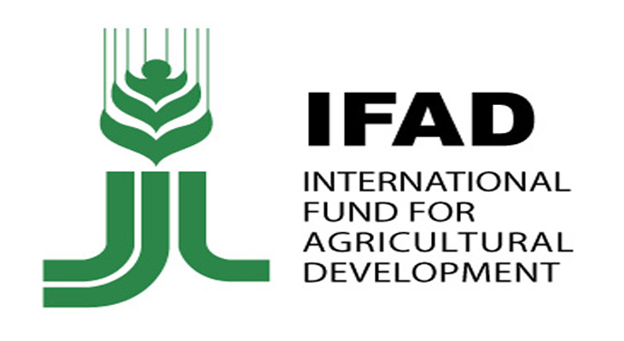IFAD’s work in India
Context
Reehana Raza, Regional Director, Asia and the Pacific Division, International Fund for Agricultural Development (IFAD), recently gave her statement on IFAD’s work in India.
What is IFAD?
- IFAD is an international financial institution and specialized United Nations agency based in Rome, the UN’s food and agriculture hub.
- It is the 13th specialised agency of the United Nations.
- IFAD is the only multilateral development institution that focuses exclusively on transforming rural economies and food systems.
- It was created in 1977, which is the outcome of the World Food Conference of 1974.
- India is a founder member of IFAD and a key contributor among the member countries.
- It has 177 member countries.
- IFAD works towards removing poverty and hunger in rural areas all over the world, especially in developing countries.
- Its goal is to empower poor rural men and women in developing countries to achieve higher incomes and improved food security.
- IFAD is managed by the two main governing bodies i.e.
- The Governing Council
- The Governing Council is the highest decision-making body of IFAD.
- The Executive Board
Objectives
- To increase the productive capacity of poor people.
- To increase benefits for them from market participation.
- To strengthen the environmental sustainability & climate resilience of their economic activities.
- It works with marginalized and vulnerable groups such as farmers with small holdings, foresters, Pastoralists, Fishermen and small scale entrepreneurs by giving them disaster preparedness, access to weather information, technology transfer and social learning.
IFAD’s work in India
- The IFAD’s mission is to alleviate rural poverty.
- It works in the area of agriculture, agricultural productivity.
- It is focused on small-holder farmers. In India, there are six projects.
- The total IFAD lending is about $1.2 billion but with co-financing it is about $3.89 billion.

